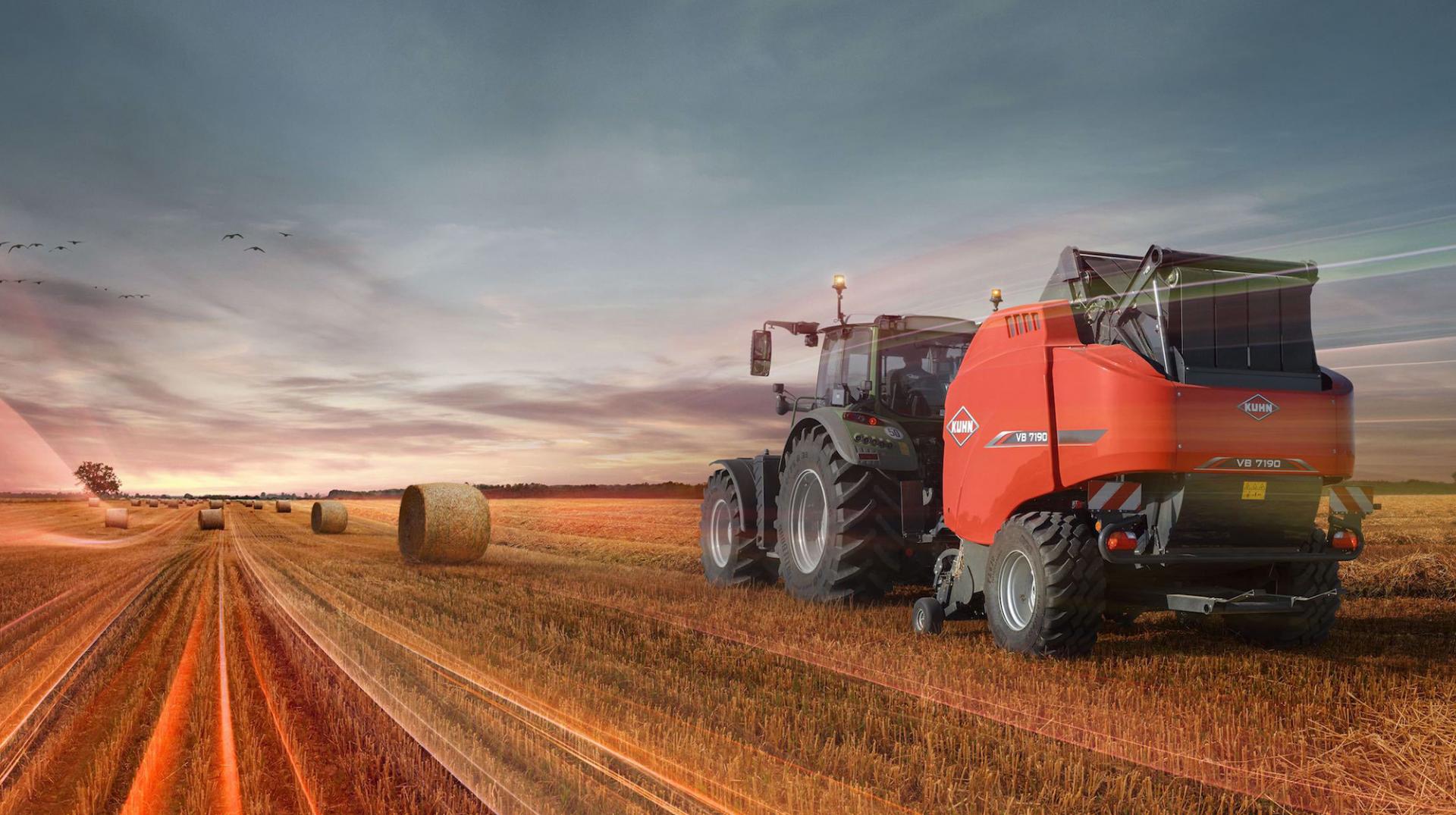New Holland equipment is a trusted choice among farmers worldwide for its durability, performance, and advanced technology. However, like any heavy-duty agricultural machinery, proper maintenance is key to ensuring your New Holland tractor, baler, or combine harvester continues to operate efficiently season after season. Drawing from the hands-on experience of farmers, this article offers practical, expert-backed maintenance tips tailored specifically for new holland equipment. Whether you’re a seasoned operator or a new owner, these guidelines will help you maximize uptime, reduce costly repairs, and protect your investment.
Why Regular Maintenance for New Holland Equipment Matters
Farmers rely heavily on New Holland machines to handle demanding tasks like tilling, planting, harvesting, and baling. These machines often operate under tough conditions, making regular maintenance crucial. Proper upkeep:
- Enhances machine reliability and performance
- Prevents unexpected breakdowns during critical farming periods
- Extends the lifespan of costly components
- Saves money by avoiding expensive repairs
- Maintains resale value
Understanding the common wear points and maintenance routines from farmers who work daily with New Holland equipment can save you both time and money.
Daily Maintenance Tips Farmers Swear By
1. Conduct a Pre-Operation Inspection
Before starting your New Holland equipment, farmers recommend a thorough visual check. Look for any obvious leaks, loose bolts, or damaged hoses. Check tire pressure and condition, ensuring they meet manufacturer specs for optimal traction and fuel efficiency.
2. Monitor Fluid Levels Regularly
Engine oil, hydraulic fluid, coolant, and transmission oil are lifelines for your machine’s internal systems. Farmers emphasize checking these fluids daily or at least before heavy use, topping them off or changing as recommended in your New Holland manual. Using the right grade and type of fluids is essential to avoid damage.
3. Keep Air Filters Clean and Replaced
Dusty farm environments can clog air filters quickly. Many farmers clean or replace air filters weekly during peak seasons to ensure the engine breathes properly, preventing power loss and increased fuel consumption.
Seasonal Maintenance for Optimal Performance
4. Schedule Comprehensive Service at Season Start and End
Farmers recommend scheduling a full-service check before the busy season begins and after it ends. This includes oil and filter changes, inspecting belts and hoses, greasing moving parts, and testing the battery and electrical system. Addressing small issues early helps avoid mid-season failures.
5. Inspect and Maintain Implements
Your New Holland tractor’s attachments—plows, seeders, sprayers—require care too. Farmers routinely check for wear and tear, ensure proper alignment, and lubricate pivot points. Well-maintained implements improve efficiency and reduce stress on the tractor.
6. Keep Your Cooling System in Check
Farming often means long hours in hot weather. New Holland owners advise flushing and refilling the cooling system as per guidelines, cleaning radiators of debris, and ensuring fans and thermostats function properly to prevent overheating.
Tips to Extend Component Life and Efficiency
7. Regular Greasing of Bearings and Joints
New Holland machines have numerous grease points. Farmers stress the importance of regular greasing to minimize friction, reduce wear, and maintain smooth operation of moving parts such as wheel bearings, steering linkages, and PTO shafts.
8. Maintain Proper Tire Care
Besides checking pressure, rotating tires and inspecting tread regularly can prevent uneven wear and improve fuel economy. Some farmers also recommend using tire sealants or choosing tires best suited to local soil and crop conditions.
9. Battery Maintenance and Electrical Checks
Electrical systems power critical components, so farmers test battery charge and clean terminals frequently. Tight connections and a healthy battery ensure reliable starts and operation of onboard electronics and sensors.
Troubleshooting Common Issues on New Holland Equipment
Farmers find that some problems crop up more often than others. Being proactive and knowing basic troubleshooting helps prevent downtime.
- Hydraulic System Leaks: Inspect hoses and fittings regularly. Replace worn seals immediately to avoid pressure loss.
- Engine Overheating: Clean radiator fins, check coolant level, and inspect the fan belt for wear or slack.
- Electrical Faults: Check wiring harnesses for corrosion or damage, especially after wet conditions.
- Unusual Noises: Address squealing belts, grinding bearings, or knocking engines early to avoid bigger repairs.
How Technology Helps in Maintenance
New Holland increasingly integrates telematics and sensor-based monitoring systems into their machinery. Farmers benefit from real-time alerts on equipment health, fluid levels, and performance metrics. Utilizing these digital tools can guide timely maintenance, minimize guesswork, and improve operational efficiency.
Conclusion: Taking Care of Your New Holland Pays Off
Farmers who invest time and effort in maintaining their New Holland equipment reap rewards in reliability, safety, and productivity. Regular inspections, fluid checks, timely servicing, and preventive care are all part of a successful maintenance routine. By following these practical tips, you ensure your New Holland machines perform at their best, season after season, and protect your valuable investment.
Ready to boost your New Holland’s lifespan? Start with a simple daily inspection today and keep it running like new for years to come!
FAQ: New Holland Maintenance
Q1: How often should I change the engine oil in my New Holland tractor?
A1: It’s best to follow the manufacturer’s recommendations, typically every 250 hours or at least once per season. However, heavy usage or dusty conditions may require more frequent changes.
Q2: Can I use aftermarket parts for maintenance?
A2: While some aftermarket parts can be reliable, farmers usually recommend OEM (Original Equipment Manufacturer) parts for New Holland to ensure compatibility and maintain warranty coverage.
Q3: What’s the best way to clean my New Holland’s air filter?
A3: Many air filters can be gently cleaned with compressed air from the inside out, but always check the filter type and replace it if it’s damaged or excessively dirty. All our latest blogs and resources are connected to our core platform.
